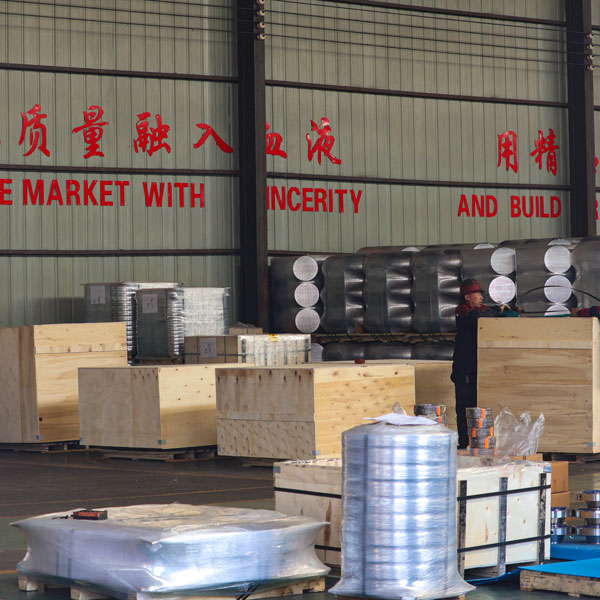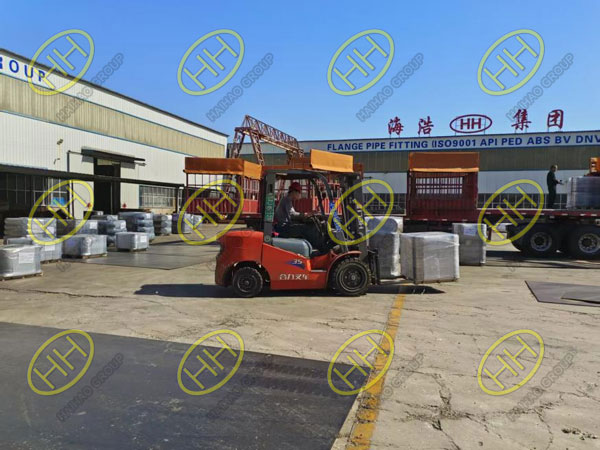What is a Mill Test Certificate (MTC)? A Complete Guide for Engineers and Buyers
In the global manufacturing and engineering industries, material quality assurance is essential. One of the most important documents used to verify material quality is the Mill Test Certificate (MTC). Whether you are dealing with piping components, structural steel, or high-performance alloys, understanding MTCs is crucial for ensuring safety, compliance, and performance.
What is a Mill Test Certificate?
A Mill Test Certificate (MTC), also known as a Material Test Certificate or Material Test Report (MTR), is an official document issued by a material manufacturer. It certifies that the supplied materials or products meet the specific requirements of applicable standards such as ASTM, ASME, EN, or ISO.
An MTC provides a comprehensive summary of the material’s chemical composition, mechanical properties, manufacturing process, and compliance with standards. It ensures that the product delivered is exactly what was ordered and is safe for its intended use.
Key Information Included in an MTC
A typical Mill Test Certificate contains the following details:
Chemical Composition: Analysis of elements like Carbon (C), Chromium (Cr), Nickel (Ni), Molybdenum (Mo), etc.
Mechanical Properties: Tensile strength, yield strength, elongation, impact toughness.
Heat Treatment Details: Type of heat treatment performed (e.g., annealing, quenching and tempering) and cooling medium.
Applicable Standards: Relevant standards like ASTM A350, ASTM B366, EN 10204, NACE MR0175/ISO 15156.
Material Grade and Specification: For example, ASTM B366 UNS N06625 or ASTM A350 LF2 CL1.
Manufacturer’s Information: Mill name, address, production date.
Traceability Information: Heat number, batch number, order number.
Inspector’s Approval: Certified signature and official stamp.
In many cases, the MTC must be compliant with EN 10204 3.1 or EN 10204 3.2 standards, indicating independent inspection and certification.
Why Is an MTC Important?
Verification of Material Quality: Confirms that the material matches the required specifications.
Traceability: Allows tracking of the material back to its original production batch.
Compliance with Safety Standards: Ensures compliance with critical industrial standards (e.g., NACE MR0175/ISO 15156 for sour service environments).
Project Requirements: Essential for audits, certifications, and customer documentation.
Risk Management: Minimizes risks associated with using substandard materials.
Special Requirements in Certain Projects
In projects involving critical applications—such as offshore platforms, pressure vessels, and chemical plants—customers may require MTCs to include:
Compliance notes like “Conforming to NACE MR0175/ISO 15156”.
Specific heat treatment procedures and cooling mediums.
Additional testing reports such as Hardness Test Report, Ultrasonic Test (UT) Report, and Impact Test Report.
For example, Haihao Group recently supplied piping components to a client in Singapore, where all MTCs included certification for compliance with NACE MR0175/ISO 15156, detailed heat treatment processes, and were validated by classification societies for highest reliability.
A Mill Test Certificate is much more than a piece of paper—it is a critical quality assurance document that plays a major role in global trade, construction, and engineering projects. By carefully reviewing and verifying MTCs, companies can ensure the highest standards of material quality, safety, and project success.
If you are looking for reliable piping components with complete and certified documentation, Haihao Group can provide high-quality products along with fully traceable and internationally compliant MTCs to meet your project needs.


